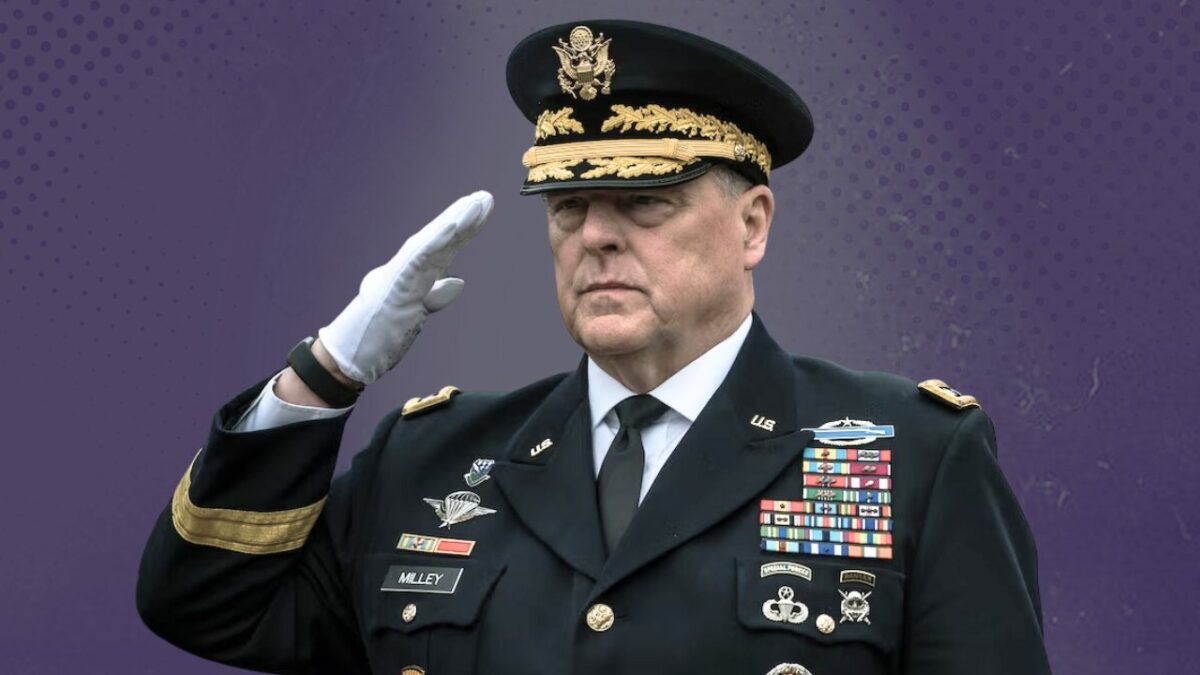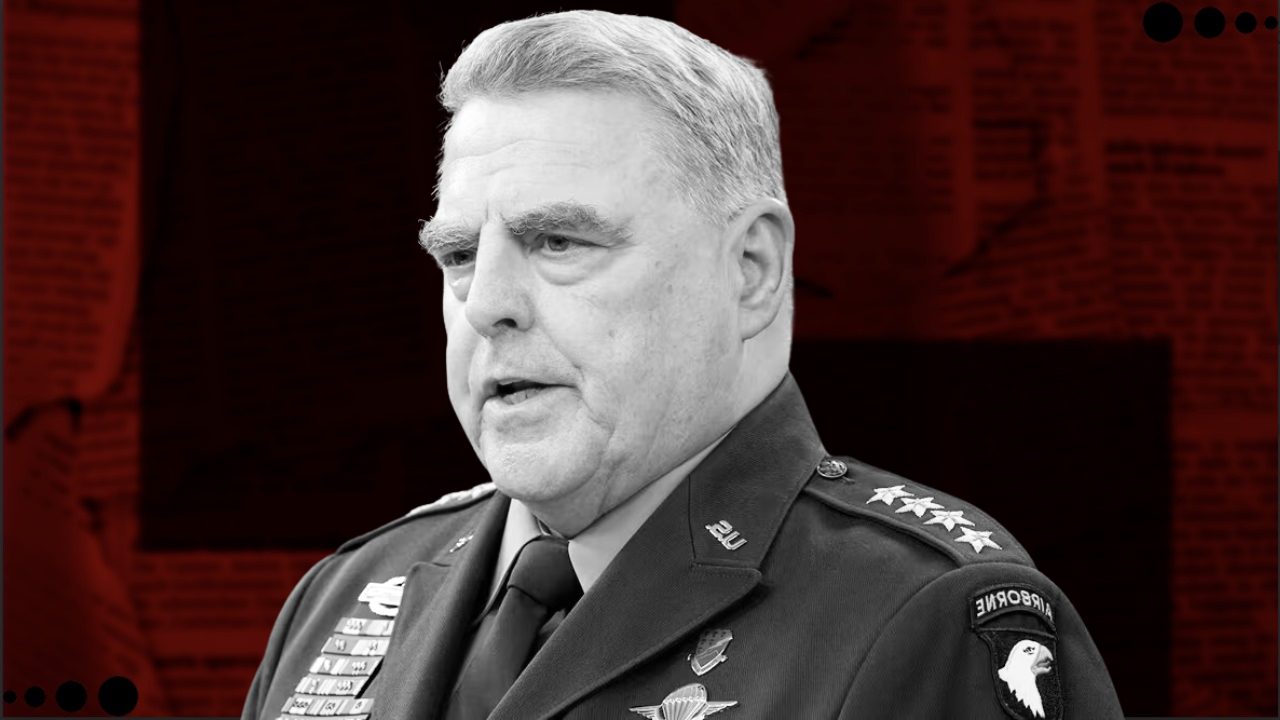The Senate of the United States stood firm in the corridors of power, where choices reverberated across the nation’s defence.
It reaffirmed its commitment to national security by confirming General CQ Brown as the next chairman of the Joint Chiefs of Staff, much like a perfectly tuned military operation.
The repercussions of this decision would be felt throughout history as General Brown prepared to succeed General Mark Milley, who was slated to retire at the end of the month
A Decisive Vote
The confirmation of General Brown was a watershed moment, embodying the essence of democracy in action.
The Senate supported his leadership by an overwhelming majority of 83-11. Months after President Joe Biden nominated him for the position, General Brown was set to take on one of the most prominent positions in the United States military.

This resounding decision was more than just a change of guard; it represented America’s unshakeable commitment to maintaining a strong defence and leadership that reflects the diversity of the country.
A Stagnant Process and an Imminent Transition
However, the road to General Brown’s confirmation was not without obstacles. Alabama Senator Tommy Tuberville halted the Senate’s usual process of approving military candidates in batches.
His Pentagon’s abortion policy was the source of the complaints. Tuberville’s blockage stymied nearly 300 nominees, frustrating Democrats who wanted the process to go faster.
The situation had reached a tipping point. The Senate was deadlocked, but it was evident that the country couldn’t afford any more delays in naming its senior military officials.
The confirmation of General Brown was critical to ensuring a smooth transition at the top of the Joint Chiefs of Staff.
Obstruction’s Forced Hand
Recognising the gravity of the situation, Senate Majority Leader Chuck Schumer revised his position. He moved quickly to break the tie.
It was time to face the impediment head-on and put the nation’s interests first.
Tuberville’s holds were not lifted as a result of Schumer’s decision
However, it represented a significant shift in strategy. The Senate would no longer tolerate unjustified delays. Each nomination would be presented separately for roll call votes.
It was a daring action, implying that the nation’s security could not be jeopardised by political squabbling.
What happened to General Milley?
General Brown was elected Chairman of the Joint Chiefs of Staff following the retirement of General Milley.
Throughout his career as a fighter pilot, he smashed glass ceilings. He was the Pacific Air Force’s first black commander and, afterwards, the Air Force’s first black chief of staff.

With his confirmation, he would become the first African American to lead any of the United States military branches.
This transformation had far-reaching consequences. General Brown would replace Defence Secretary Lloyd Austin as the Pentagon’s top civilian leader.
They would be a watershed moment in American military history, as they would be the first African Americans to hold the top two positions at the Department of Defence.
The Price of Delay
While General Brown’s confirmation was noteworthy, the lengthy delays in the selection of military leaders had consequences.
The stalemate had impacted more than simply those awaiting confirmation of their nominees. It had far-reaching consequences, particularly for the military’s younger, rising officers.
The delays messed up people’s careers, affecting their income, retirement, lifestyle, and future assignments.
Retaining these positions in domains where the private sector offered more attractive opportunities had become very difficult. The military’s ability to retain its finest and brightest was jeopardised by the blockades.
A Path Forward
The confirmation votes demonstrated the Senate’s dedication to ensuring the nation’s security. However, the larger dispute over nominations remained. The question of how to break the deadlock remained unanswered.
Finally, it became evident that there were no simple solutions. Tuberville’s holds had thrown the Senate into a tangle of procedural wrangling.
While General Brown and his colleagues were given the go-ahead, the fate of the blocked nominees remained unknown.
The Senate’s Resilience
As the dust settled on the Senate floor, it was clear that General Brown’s confirmation exemplified the Senate’s unshakable commitment.
Despite the difficulties and political manoeuvrings, the nation’s defence remained a major concern. In a time of disagreement, the Senate banded together to guarantee that the torch of leadership was seamlessly handed from one general to the next.
General Brown’s path to becoming the next Chairman of the Joint Chiefs of Staff was fraught with triumph and adversity. His confirmation, on the other hand, served as a sign of unity and loyalty to the nation’s security.
He would carry the weight of history and the Senate’s unwavering commitment to the United States defence as he entered his new post.
